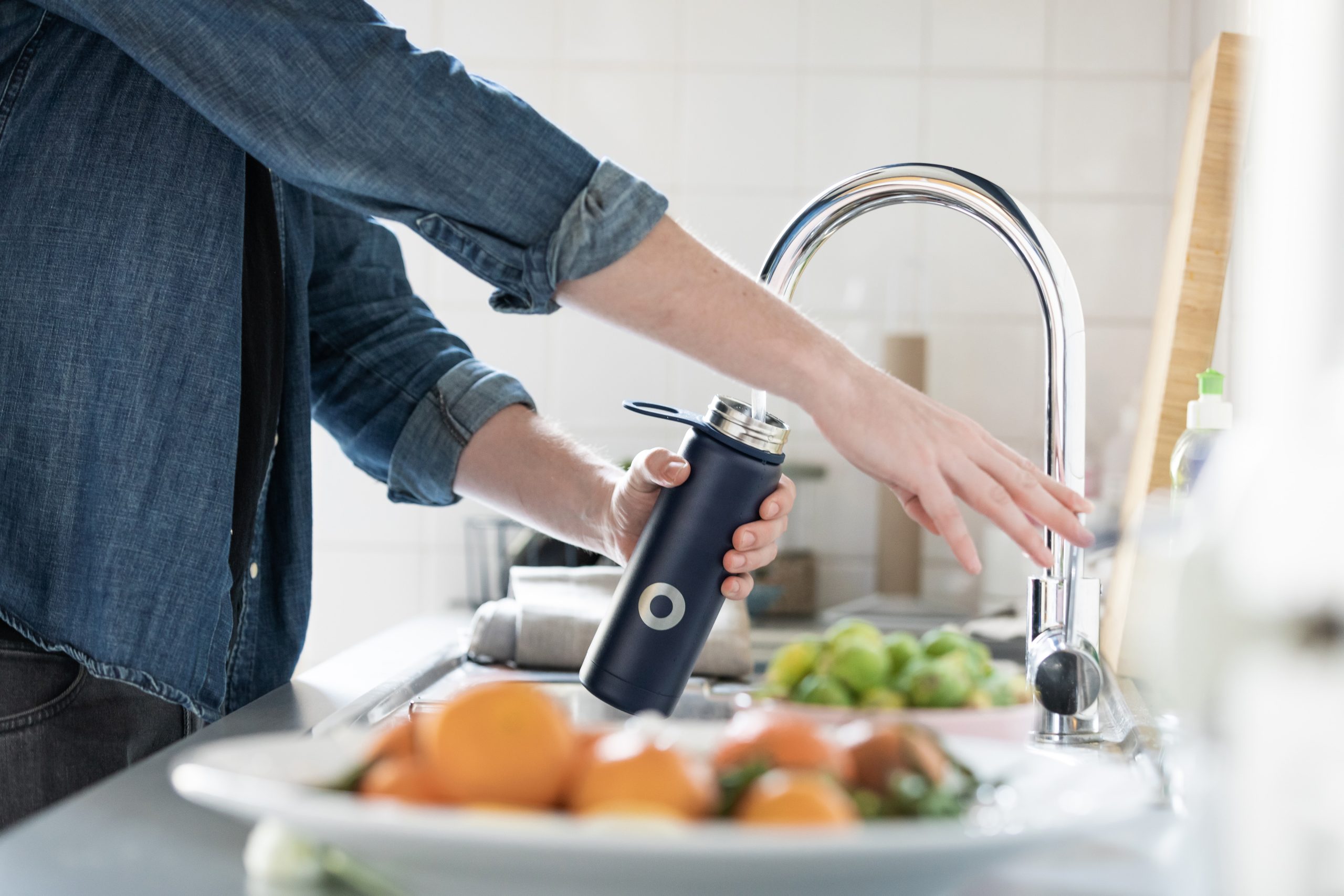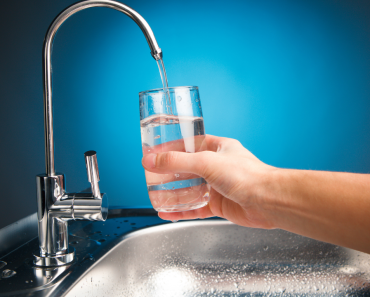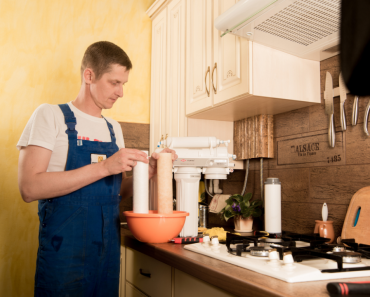Filtered water has a slew of advantages over unfiltered water, which makes it superior to many other types, especially when it comes to cooking and baking. Here are a few of the many benefits you may anticipate from cooking and baking with filtered water:
1. Filtered water enhances the taste of your meals and beverages.
Unfiltered water is typically brimming with a slew of unwanted chemicals, impurities, and minerals, many of which can severely put your food’s flavour.
Water is not the only substance to which you might be exposed. For example, heavy metals such as copper and iron in water can impart a metallic flavour to your meals. Yuck! You could even observe sand and rust particles in your rice, pasta, and morning coffee.
Beyond that, tap water is frequently contaminated with chemicals such as chlorine and chloramine, which may be detected in the food you consume. Other frequent pollutants include fluorine, VOCs (Volatile Organic Compounds), and other compounds that can dull the colour and flavour of food and beverages.
Fortunately, cooking with filtered water will eliminate the chemicals, heavy metals, and other contaminants that attempt to alter the flavour of your food, resulting in more accurate recipes. Your meals will taste considerably better as a result of using filtered water, not just because they will appear brighter and more appetizing.
Filtered water, in essence, keeps your meals as natural as possible. The colour, flavour, and nutritional value of the food are minimally affected, if at all. Coffee drinkers would be wise to use filtered water when preparing their morning cup of Joe.
2. Filtered water reduces your exposure to hazardous water pollutants.
Filtered water not only enhances the flavour and quality of your food and beverages, but it also reduces your consumption of health-threatening pollutants that are commonly discovered in unfiltered tap water.
Many naturally-occurring contaminants, like magnesium, iron, and calcium, may be present in your water whether you get it from well water or city water. Chlorine or chloramines are used to disinfect your water before it enters your home, but chlorine-resistant cysts like cryptosporidium and giardia often get a pass. Lead, pharmaceuticals, VOCs, and other pollutants that aren’t harmed by chlorine can frequently go free.
Water from your own well is also vulnerable to a variety of pollutants, which might have a significant influence on the quality of your food and your health. Bacteria, pesticides, herbicides, heavy metals, and cancer-related contaminants like PFAS that can pass through water supplies and end up in culinary water can give meals an unappealing flavour while causing illness.
Filtering your water before using it in the kitchen is the greatest method to safeguard yourself and your family against any unexpected pollutants that may be present.
3. Filtered water makes your food more colourful.
Chlorine is a bleaching agent that’s frequently used, so it’s no surprise that anything you wash or boil in chlorinated water will be damaged. That implies washing your fruits and veggies in unfiltered water won’t only decrease their flavour, but their colour will also be less vibrant. The same is true for brown rice and red beans. Even if only part of the chlorine was present, it would bleach them as well as most likely give them an unpleasant odour and flavour.
4. Filtered water cleanses more effectively.
Unwashed fruits and vegetables serve as a breeding ground for bacteria, pesticides, and germs, putting people at risk of disease. Animals may contaminate produce during the growing process, as well as toxic materials in the soil and even unskilled labourers. Furthermore, when the crop is harvested, it travels through numerous (unclean) hands further increasing the danger of contamination. Contamination can occur after purchase, during food preparation, or through improper storage.
In recent years, contaminated foods, including lettuce like romaine and spinach, tomatoes, and cantaloupe, have caused a number of epidemics. As a result, the Food and Drug Administration (FDA) has had to issue numerous recalls in order to prevent illnesses and sicknesses.
There have already been 80 recalls since June 4, 2021, with that number set to rise in the future. Even lately, Dole Fresh Vegetables announced a voluntary precautionary recall of all Dole-branded and private label packaged salads processed at its Bessemer City, NC, and Yuma, AZ facilities due to possible health risks from a foodborne pathogen known as Listeria monocytogenes.
You might be washing your produce with water that still has pesticides, herbicides, germs, and other contaminants. Even if you’re attempting to clean your veggies to eliminate pesticides, herbicides, bacteria, and other toxins, you may still be washing them with contaminated water. Filtered water is a quick and easy option because it doesn’t have any pollutants that could re-contaminate your fruits and vegetables.
5. Filtered water makes bread-baking easier.
Filtered water is being used more and more frequently by restaurants and bakers to make freshly baked bread, pastries, and other tasty baked items. This has occurred because any good baker knows that baking is a form of both art and science.
Water is required for gluten to develop, for salt distribution, sugar and yeast fermentation, and for the uniformity of your dough. Water is also necessary for gluten development, salt dispersion, sugar and yeast fermentation, and dough consistency.
Detergents, soaps, and detergent additives can all cause problems with your baked good. While some quantity of hard minerals in water is acceptable for bread baking, extremely hard water may decrease the fermentation rate and tighten the gluten in your dough, resulting in a poor texture and making the loaf tough and dry. Chlorine causes fermentation rates to drop as well as changes the flavour of your completed product.
Filtered water, on the other hand, helps the yeast work more efficiently by allowing it to rise quickly and produce softer goodies. Chlorine is also removed during filtration, resulting in sweeter-smelling and -tasting loaves. Furthermore, you may expect even better outcomes by “softening” the water to eliminate hardness minerals.



